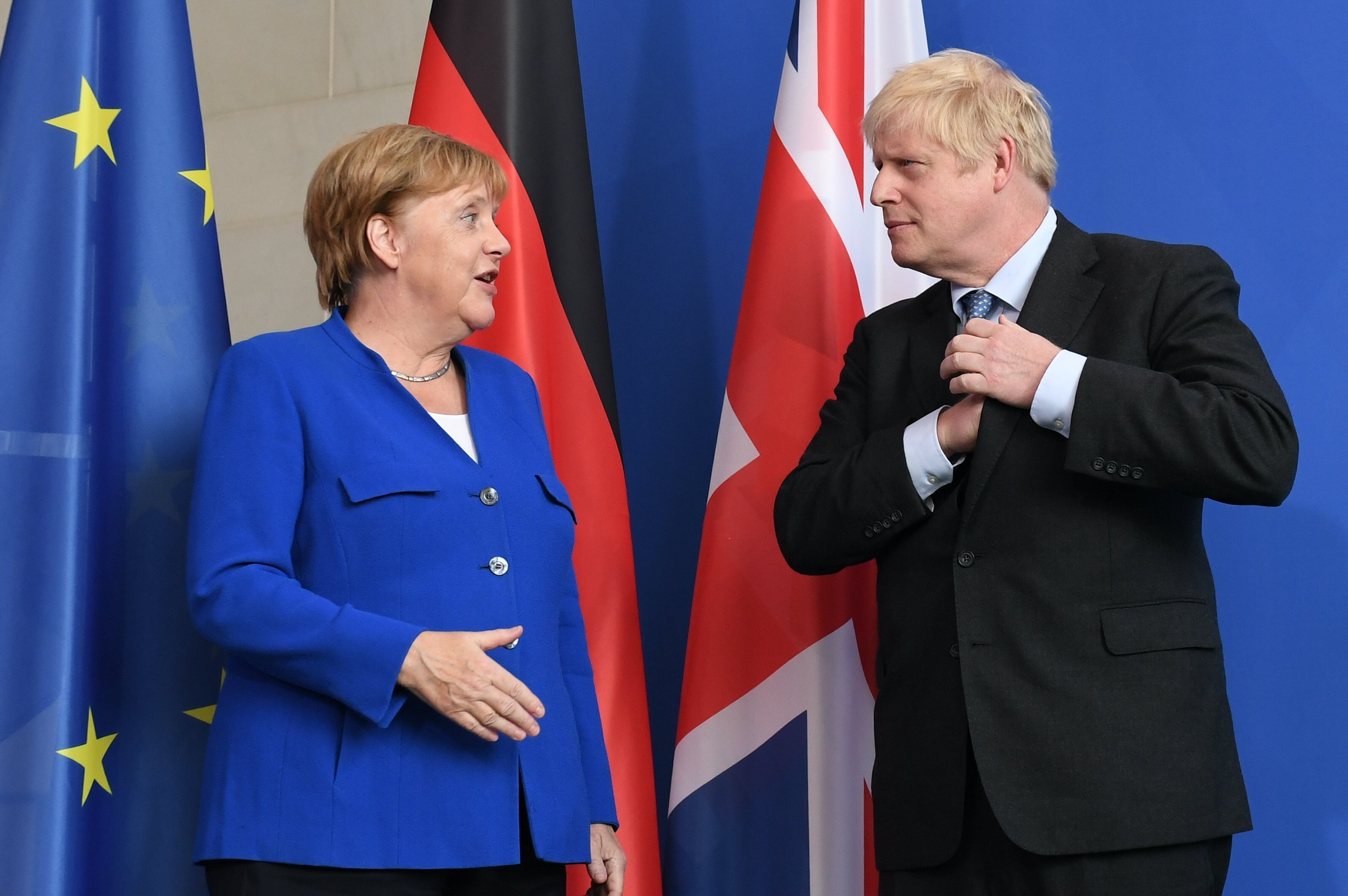US allies worry about when to reach out to winner in contested election
It’s a crucial time to re-up diplomatic ties, but this isn’t a normal election season

American allies in Europe and beyond are unsure of when exactly they should call and congratulate the winner of the election, Reuters reports, as massive mail-in voting totals, bitterly contested election lawsuits, and a recalcitrant president mean it might take longer than normal for a clear winner to emerge.
"You want to be prompt and clear in sending congratulations, particularly to such an important ally," a foreign policy adviser to a northern European leader told Reuters. "But it's risky this time. You don't want to get it wrong, or move too soon. We may be sitting on our hands for a while after election day."
Another adviser to a European leader told the news bureau that the situation was “complicated and delicate.” A call would depend on how clear the initial results were and whether one side conceded.
And if that doesn’t occur, said a diplomatic source in Canada, which shares extensive business and political ties with the US, things could get tricky.
“If there is no concession, we will have a lot of thinking to do,” they said. ”We're going to be watching closely and assessing day by day, if indeed it's an unclear or contested result."
This dilemma is one of the many ways the ghosts of the 2000 election, which was so close it required Supreme Court intervention to decide, are returning for 2020.
Initially, TV networks called the election for George W. Bush (the eventual winner), prompting leaders in Germany, France, New Zealand, South Africa, South Korea, and Japan, among others, to reach out with their congratulations.
Their goodwill was premature though, as it took another 5 weeks to decide the true winner.
There’s also the matter of the election calendar. Election night happens in early November, but the new presidential term won’t officially begin until 20 January, so any world leader must weigh how to interact with President Trump for the next few months, regardless of who will be president for the next four years.
And the president hasn’t been afraid to conduct high stakes diplomacy on impulse, on Twitter, such as blasting France’s Emmanuel Macron on trade, or calling nuclear-armed North Korea’s leader “Rocket Man.”
One factor clouding the results of the election will be the president himself, who has repeatedly spread false claims about mail-in voting and argued the election should end on November 3, even though states regularly take days or weeks to fully count votes, especially mail-in ballots, which have seen a huge surge due to coronavirus.
The president has also previously refused to commit to a peaceful transfer of power if the election is contested, and insinuated he hopes the Supreme Court once again calls the contest.
“Well, we’ll have to see what happens,” he said during a press conference in September. “You know that. I’ve been complaining very strongly about the ballots. And the ballots are a disaster.” He added, “Get rid of the ballots, and you’ll have a very — you’ll have a very peaceful — there won’t be a transfer, frankly, there’ll be a continuation.”
He has also said the election, like in 2000, should end up in the Supreme Court because it’s a Democratic “scam.” (Justice Barrett, as it happens, was a Republican lawyer who helped argue for the Bush campaign in 2000, and Justice Kavanaugh, also a Trump administration appointee, recently became the first to substantively cite Bush v. Gore in decades during a recent case about voting law in Wisconsin).
“I think this scam that the Democrats are pulling — it's a scam — this scam will be before the United States Supreme Court, and I think having a 4-4 situation is not a good situation,” Mr Trump said in September.
Join our commenting forum
Join thought-provoking conversations, follow other Independent readers and see their replies
Comments


Bookmark popover
Removed from bookmarks